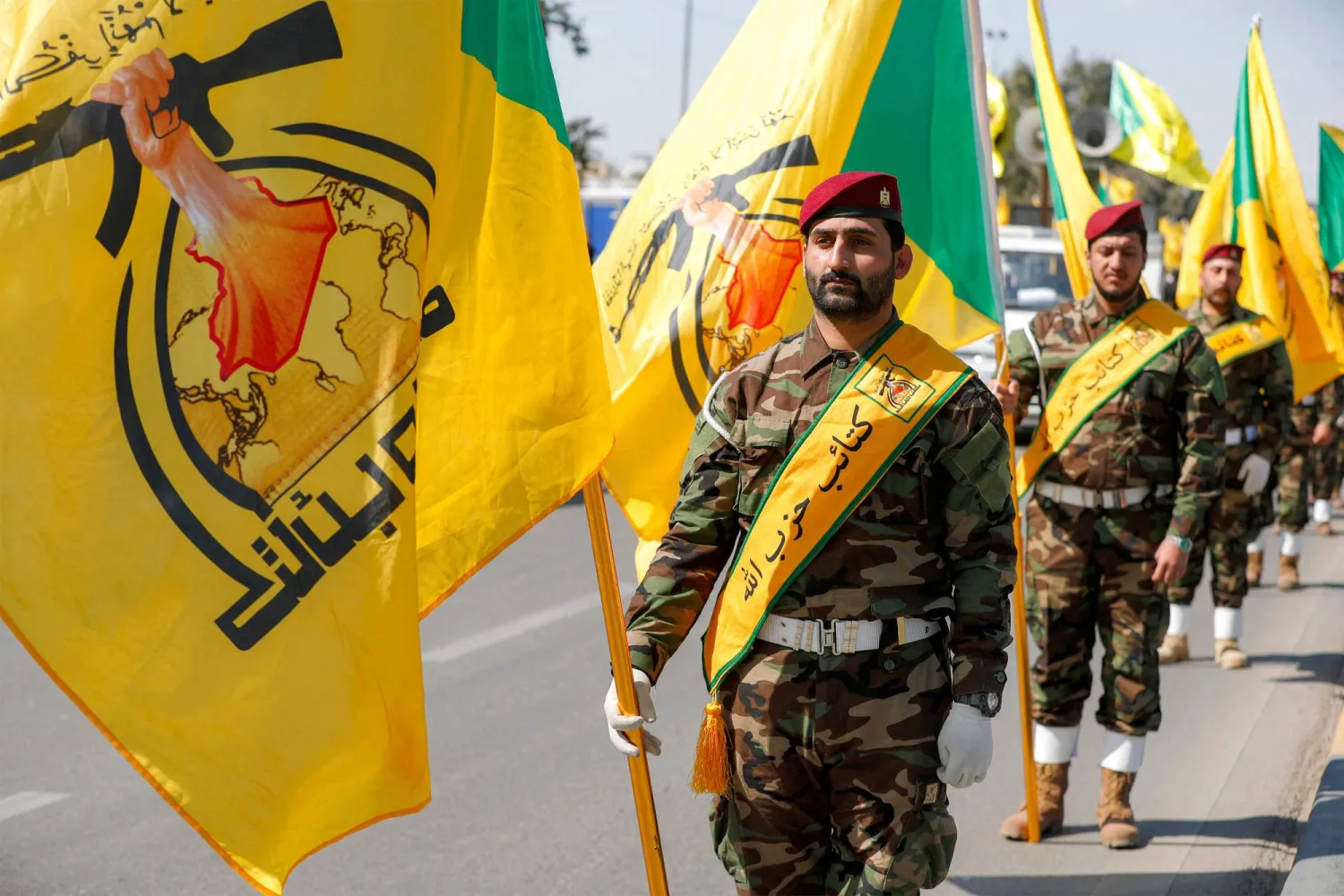Khouloud Rhimi sits sipping a latte with friends in Sidi Bouzid, ground zero of the Tunisian uprising, and laments 10 years of disappointment and economic woes.
The town, which helped trigger a wave of revolts across the Arab world, now has a swimming pool, a plush new cafe where young men and women mingle, enjoying the complementary wifi, and freedom of speech.
But Rhimi, 25, is unimpressed. "There are no jobs in Sidi Bouzid," she said.
It was unemployment, along with alleged police harassment, that prompted street vendor Mohamed Bouazizi to set himself alight outside a nearby government building on December 17, 2010.
The act proved a tipping point for Tunisia's long-marginalized interior.
Within weeks, vast demonstrations had spread to the capital and swept long-time ruler Zine El Abidine Ben Ali from power, setting off a domino-like string of revolts across the Middle East and North Africa.
Tunisia has been praised for its democratic transition with its first free and fair parliamentary elections in 2011 and presidential poll in 2014.
But many in Sidi Bouzid say life in the past decade has become worse.
"Lots of people we know have tried to get to Europe," said Rhimi.
"Some have died at sea. Other people have set themselves on fire. Some people can't afford to eat."
Rhimi completed a professional diploma in computer science in 2015.
But in a region where some jobs -- in factories, clothes shops or agriculture, for example -- pay just 150 dinars (46 euros) a month, it took her four years to save start-up funds for a small restaurant.
When she approached banks and micro-credit lenders for more, she was rejected.
"There are so many conditions. They make it really difficult to get a loan," she said.
"I started my project, but after six months I closed it down. I've been unemployed ever since," added Rhimi, currently an unpaid volunteer with civil society groups who continues to apply for public sector jobs.
Investors flee
Her story is a far cry from Rachid Fetini's early career.
In 1990, two decades before the revolution, he returned from studying in France and established his first textile factory.
"I had no experience in the world of business," he said. "But in one month I managed to set up a factory with 50 workers. After a year and a half, I had 300 staff."
By the eve of the uprising, Fetini was a major employer with 500 staff.
But "after the revolution, bit by bit, all my clients fled Sidi Bouzid," he said. "They were afraid."
Fetini bemoaned media coverage of the region as being perennially on strike, "which is not true at all."
But he also blamed the lack of laws and government strategies to boost investment, as well as Tunisia's clunky, politicized bureaucracy.
"There's a fratricidal struggle between political parties, which means that even local officials can't take decisions," he said.
"Nobody dares sign a document without having political cover... just in case."
The coronavirus pandemic dealt another crushing blow to his business.
Today, his factory near the town center sits empty, rows of sewing machines idle in the dusty light.
Across town in an industrial zone, Fetini walks among the dark concrete columns of an abandoned building site, set to be a pharmaceuticals factory.
Like Rhimi's restaurant, the project was suspended because the banks would not lend to the owner, an associate of Fetini.
"Their demands and the guarantees they ask for are endless," Fetini said.
Many investments "are blocked... for lack of finance, or because of certain lobbies who don't want such-and-such a factory to be created."
State projects blocked
A huge, empty plot of land on the fertile plain outside Sidi Bouzid vividly illustrates the problem.
Surrounded by prickly pears and olive groves, this is the site of Somaproc, a processing hub to help the region's struggling farmers tackle a key barrier -- access to markets.
It will include vegetable and livestock markets, an abattoir and a research facility, strategically located near major roads to other Tunisian towns, ports and coastal cities including the capital.
Set to employ 1,200 people and benefit some 130,000, the state-backed project has secured millions of euros in foreign funding and the support of Tunisian President Qais Saied.
But eight years since it was conceived, nothing has been built.
Director Lotfi Hamdi listed legal and administrative obstacles and described a complex web of government bodies involved.
"The project was designed in 2012," he said. "Sadly, there have been a lot of delays."
'Deep crisis'
The Covid-19 pandemic has brought even more economic misery to Tunisia.
Prime Minister Hichem Mechichi, the country's ninth head of government since the revolution, announced in early November a record budget deficit of 14 percent of GDP.
"Our country has never experienced such a deep crisis," he said.
Unemployment in the country was just over 15 percent in May, the most recent figure available, according to the INS national statistics office.
But despite the economic setbacks and other difficulties they have faced, some in Sidi Bouzid still praise the uprising's achievements.
"The revolution was more than necessary, and well overdue," said Hayet Amami, the regional head of an association for unemployed graduates.
Today, "you're free to do activism, in political parties, in society and in unions."
Since 2011, many young Tunisians have been elected to both local and national authorities, in part thanks to a post-revolution quota system.
And despite the hardships, there are visible changes in Sidi Bouzid -- including the cafe where Rhimi sat with her friends.
Roads have been fixed and government buildings refurbished.
But for Rhimi's friend Hanin Kadri, also an activist, those changes mean little when jobs are scarce and state institutions riddled with corruption.
"Sure, they did up the municipality building and the governorate," she said.
"But that's not what we had a revolution for."
Rhimi is more emphatic.
"As far as I'm concerned, the revolution didn't bring me anything," she said.









